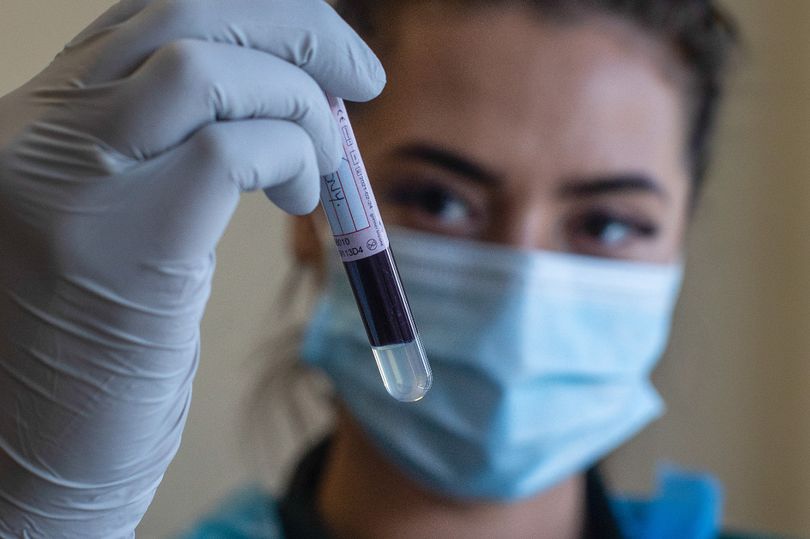After having a Covid antibody test in July following my Covid illness at the beginning of February, I was surprised to find I had antibodies six months after my infection.
No one knows how long Covid antibodies last, so in September I had a repeat test. I still had antibodies. Middle of October, same result.
Well, good for my immune system, but it doesn’t mean I’m immune to Covid so I’m still shielding.
I believe, as do many scientists, that the antibody test is ideal for identifying people who have had Covid.
Jessica Watson and colleagues at Oxford and Birmingham Universities in the BMJ claim testing people with and without symptoms for antibodies would track the spread of current and past infections.
This would give invaluable information on where the virus is, where it’s moving to, and where it’s likely to cause havoc.
So what kind of antibodies do we test for? We produce three main types of antibody in response to infection: IgA, IgG, and IgM.
IgM appears first and disappears quickly. IgG and IgA persist and usually reflect a longer-term immune response.
Antibody tests look for changes in the level of these antibodies via a blood sample from a vein or a skin prick.
The main tests currently used in the UK are the Abbott assay, which detects IgG, and the Roche assay, which detects both IgM and IgG.
We’re all concerned about the accuracy of antibody tests and as Jessica Watson and colleagues point out, the timing of a test is crucial.
It turns out the maximum accuracy for combined IgG or IgM tests is 96% at days 22-35 days after the first symptoms.
For IgG alone, the maximum accuracy is 88.2% at days 15-21 after the onset of symptoms.
There’s no point in testing for antibodies too soon after the illness starts.
The immune system needs time to recognise the virus and manufacture the antibody, a complicated piece of work.
And if we’re lucky, the immune system will form a memory so immunity lasts and will protect against it in future.
Even with this high accuracy, many tests are likely to give false negatives.
So a negative test should be questioned if a person has typical symptoms. False positives are uncommon – less than 2% of people who haven’t had Covid-19 will have a false positive test.
But a true positive test shouldn’t be taken as protection from the virus and precautionary measures, such as social distancing, should be maintained.

